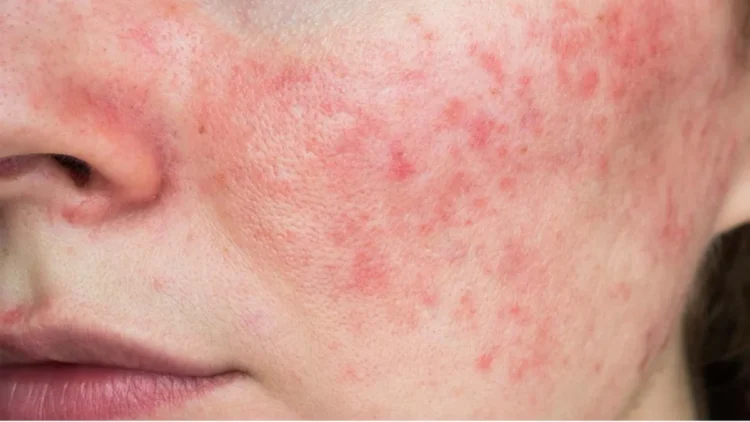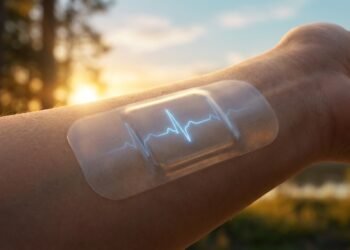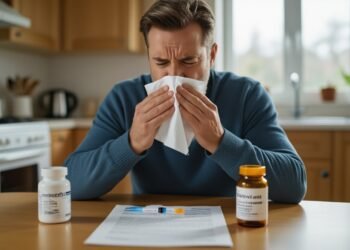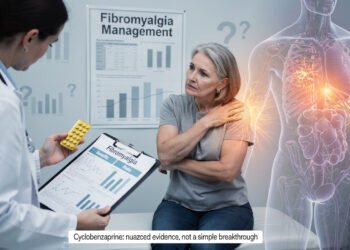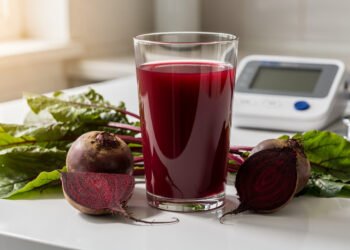Rosacea is more than just a fleeting flush—it’s a persistent skin condition that can take a toll on confidence and comfort. Marked by redness, visible blood vessels, and acne-like breakouts, rosacea often appears on the cheeks, nose, chin, and forehead. For those dealing with it, finding an effective solution can feel overwhelming, especially with the abundance of treatment options available.
Australia, and particularly cities like Melbourne, offers a wide range of solutions, from medical interventions to holistic approaches. But with so many options, how do you determine what truly works? The answer lies in understanding the causes, recognising triggers, and choosing a personalised treatment plan that best suits your skin.
Understanding Rosacea and Its Causes
Rosacea doesn’t develop overnight, nor does it have a single cause. Instead, it results from a combination of genetic, environmental, and lifestyle factors. Recognising these triggers is the first step in managing symptoms effectively.
Common Symptoms:
-
Persistent redness that resembles a constant blush
-
Visible blood vessels that create a web-like pattern on the skin
-
Bumps and pimples that can mimic acne but don’t respond to typical acne treatments
-
Burning or stinging sensations, making the skin feel sensitive and irritated
Triggers That Worsen Rosacea:
-
Sun exposure – The harsh Australian sun can intensify symptoms.
-
Extreme temperatures – Both hot and cold weather fluctuations can trigger flare-ups.
-
Spicy foods and alcohol – These common dietary culprits can make redness worse.
-
Stress and anxiety – Emotional strain often manifests physically, worsening rosacea symptoms.
-
Harsh skincare products – Ingredients like alcohol, fragrance, and exfoliating acids can further irritate the skin.
Because triggers vary from person to person, identifying personal sensitivities is crucial in minimising flare-ups.
Top Medical Treatments for Rosacea in Australia
For those seeking professional solutions, several medical treatments have proven effective. The best course of action often depends on the severity of the condition and how the skin responds to different approaches.
1. Topical Medications
For mild to moderate cases, dermatologists often prescribe creams and gels to reduce inflammation and redness. Commonly used ingredients include:
● Metronidazole – An anti-inflammatory treatment that reduces redness over time.
● Azelaic Acid – Helps clear bumps and acne-like lesions associated with rosacea.
● Ivermectin – Targets inflammation while also managing rosacea-related mites that may exacerbate symptoms.
These treatments are applied directly to the affected areas and can take several weeks to show significant improvements.
2. Oral Medications
In more severe cases, dermatologists may recommend oral antibiotics such as:
● Doxycycline – Used in low doses, it reduces inflammation rather than acting solely as an antibiotic.
● Tetracycline and Minocycline – Other oral antibiotics that help manage flare-ups.
For cases resistant to antibiotics, low-dose isotretinoin (commonly known as Accutane) may be prescribed, though this is usually reserved for the most persistent forms of rosacea.
3. Laser and Light Therapy
One of the most advanced solutions for rosacea treatment in Melbourne is laser therapy. These treatments specifically target redness and broken blood vessels to create a clearer complexion.
● Intense Pulsed Light (IPL) – A non-invasive treatment that reduces persistent redness and visible capillaries.
● Vascular Laser Therapy – Targets and shrinks dilated blood vessels, preventing them from reappearing.
While effective, laser treatments typically require multiple sessions and are best performed by experienced professionals to avoid skin damage.
4. Combination Therapies
Many dermatologists recommend a multi-faceted approach, combining topical treatments, oral medications, and light-based therapies. This method provides a more comprehensive solution, targeting rosacea from multiple angles.
Natural and Alternative Treatments for Rosacea
For those looking for non-medical approaches, natural and lifestyle-based treatments can also provide relief.
1. Traditional Chinese Medicine and Acupuncture
Some individuals find that acupuncture and herbal remedies help balance their body’s energy, reducing rosacea flare-ups. While scientific evidence remains limited, many believe in its effectiveness.
2. Dietary and Lifestyle Changes
Since certain foods and drinks trigger rosacea, adjusting dietary habits can make a significant difference.
● Avoid spicy foods, caffeine, and alcohol, as they can dilate blood vessels and worsen redness.
● Increase anti-inflammatory foods like green leafy vegetables, omega-3-rich fish, and berries to support skin health.
● Drink plenty of water to maintain skin hydration.
3. Skincare Adjustments
A proper skincare routine can help soothe rosacea-prone skin:
● Use gentle, fragrance-free cleansers that won’t strip the skin’s natural barrier.
● Apply a moisturiser designed for sensitive skin to keep hydration levels balanced.
● Always wear broad-spectrum sunscreen, as UV exposure is a primary trigger.
Consistency is key—switching products frequently or overloading the skin with too many active ingredients can do more harm than good.
Choosing the Right Treatment for Your Rosacea
Selecting the most effective rosacea treatment in Melbourne requires a tailored approach. What works for one person may not necessarily work for another.
Key considerations when choosing a treatment include:
● The severity of symptoms – Mild cases may respond well to skin care and topical treatments, while severe cases may require laser therapy or oral medications.
● Skin type and sensitivity – Not all treatments suit every skin type; professional guidance is essential.
● Lifestyle factors – If frequent sun exposure is unavoidable, sunscreen and protective skincare should be prioritised.
Consulting a dermatologist ensures that treatments align with an individual’s skin needs, lifestyle, and long-term goals.
Managing Rosacea Long-Term
Rosacea is a chronic condition, meaning it requires ongoing management rather than a one-time cure.
Essential Long-Term Strategies:
● Commit to sun protection – UV rays are one of the most aggressive triggers. Always wear SPF 30+ sunscreen.
● Monitor and manage stress – Activities like meditation, yoga, and exercise can reduce flare-ups linked to stress.
● Regular dermatology check-ups – Skin conditions evolve over time; routine check-ins ensure treatments stay effective.
Conclusion
Finding the best rosacea treatment in Melbourne isn’t about a one-size-fits-all solution. It’s about understanding individual triggers, selecting the right combination of treatments, and making lifestyle adjustments to keep flare-ups at bay. From medical solutions like topical and oral medications to alternative treatments and skincare routines, a personalised approach is key to managing rosacea effectively.
While the journey to clearer skin may take time, the right strategy can lead to long-term improvements, boosting confidence and overall skin health. Seeking professional guidance ensures that each step taken is aligned with personal needs, paving the way for lasting relief.


